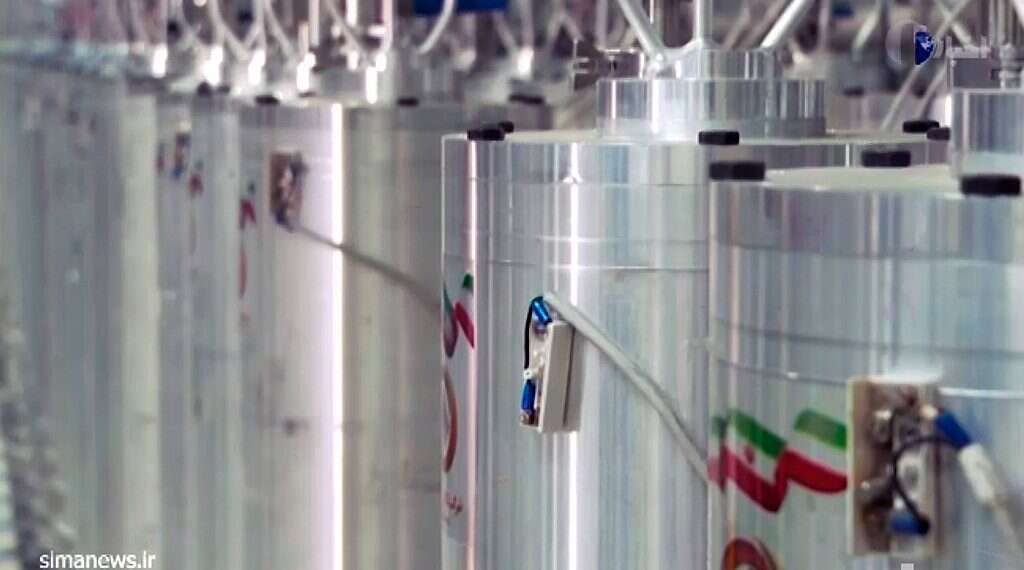
IAEA: Iran expanding high-level uranium enrichment efforts at Natanz
Tehran is already enriching uranium to up to 60%, UN nuclear watchdog says will boost the “frequency and intensity” of inspections at the facility. Iran’s top nuclear negotiator to hold talks with EU officials in Brussels.
By Reuters and ILH Staff Published on 10-26-2021 12:14 Last modified: 10-26-2021 12:29
Iran is expanding its enrichment of uranium beyond the highly enriched threshold of 20% purity at a Natanz plant where it is already enriching to 60%, but the new activity does not involve keeping the product, the U.N nuclear watchdog said on Monday.
The move is likely to help Iran refine its knowledge of the enrichment process – something Western powers generally condemn because it is irreversible – but since this time the product is not being collected, it will not immediately accelerate Iran’s production of uranium enriched to close to weapons-grade.
As of around 90%, uranium is considered weapons-grade.
The IAEA said in a statement outlining the report that Iran informed it last week of changes to the setup of centrifuges, machines that enrich uranium, at the plant – Iran would feed uranium enriched to up to 20% into limited numbers of extra centrifuges without collecting the product.
“On 25 October 2021, the Agency verified that Iran began feeding (uranium hexafluoride gas) enriched up to 20% U-235 into a single IR-6 centrifuge in R&D line 2 at PFEP and that the resulting product and tails streams were being re-combined,” the IAEA report said, meaning that after separating the enriched product it was mixed with the centrifuge’s waste and not kept.
Iran had said it planned to also feed uranium enriched to up to 20% into other single centrifuges or small- to medium-sized cascades, or clusters, of machines on the same line, but those were not being fed at the time, the IAEA said.
Iran has yet to announce a date to resume discussions in Vienna about reviving the 2015 nuclear pact under which it curbed its nuclear program in return for relief from US, EU and UN economic sanctions, but Tehran’s top nuclear negotiator Ali Bagheri Kani will hold a second meeting this month with the European Union’s Enrique Mora, who coordinates talks between Tehran and six powers.
“I will meet [EU] coordinator in Brussels on Wednesday to continue our talks on result-oriented negotiations (between Iran and the six powers),” Bagheri Kani tweeted Monday, alluding to Mora’s initial round of discussions in Tehran on Oct. 14.
In April, Iran and six powers started talks to reinstate the deal, which then-US President Donald Trump ditched three years ago before reimposing sanctions that have crippled Iran’s economy. But the talks were put on hold after Iran’s presidential election in June that brought anti-Western hardliner Ebrahim Raisi to power.
The United States and European powers have urged Iran to return to negotiations, warning that time is running out as the Islamic Republic’s uranium enrichment program is advancing well beyond the limits set by the nuclear pact.
Iran has repeatedly said it will return to negotiations but it has yet to specify a date.
“Iran is determined to engage in negotiations that would remove unlawful and cruel sanctions in a full & effective manner, secure normalization of trade & economic relations w/ Iran, and provide credible guarantee for no further reneging,” Bagheri Kani tweeted.
No comments:
Post a Comment